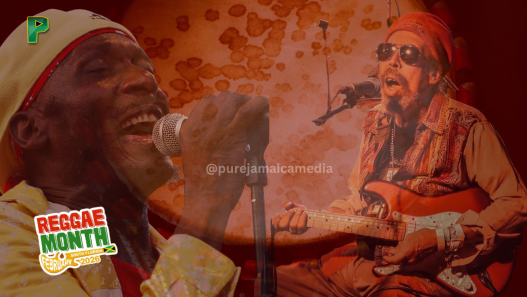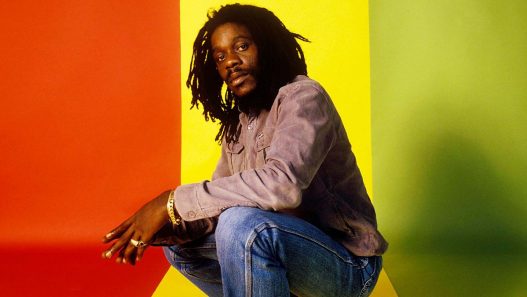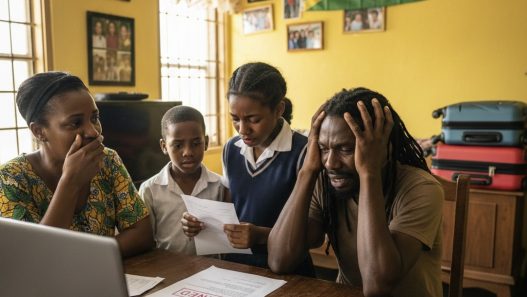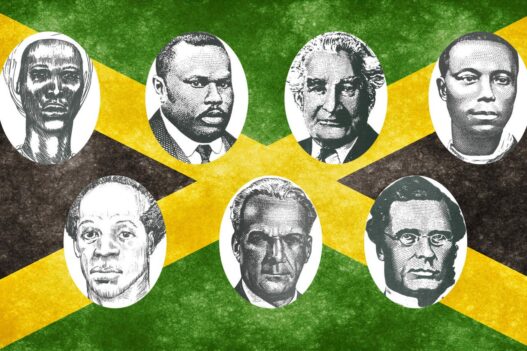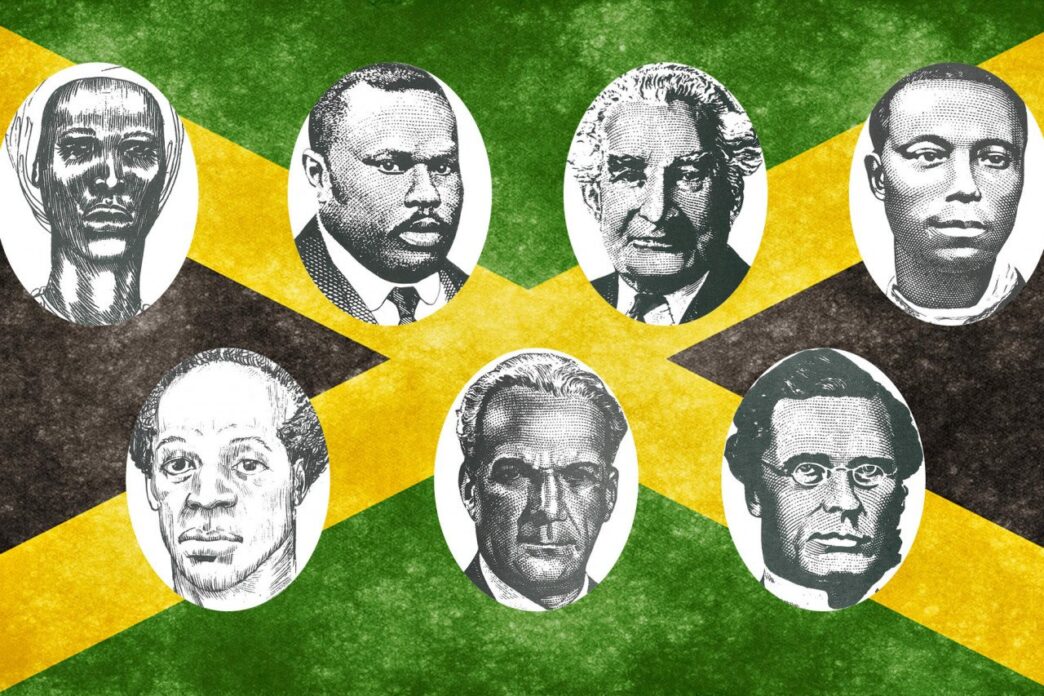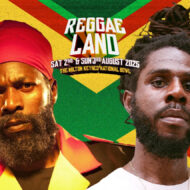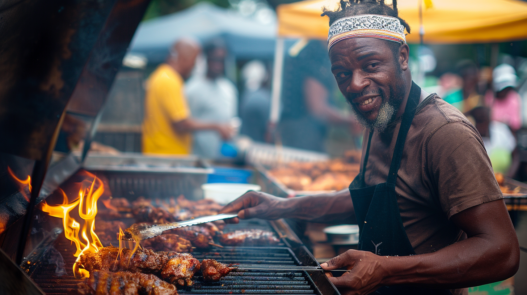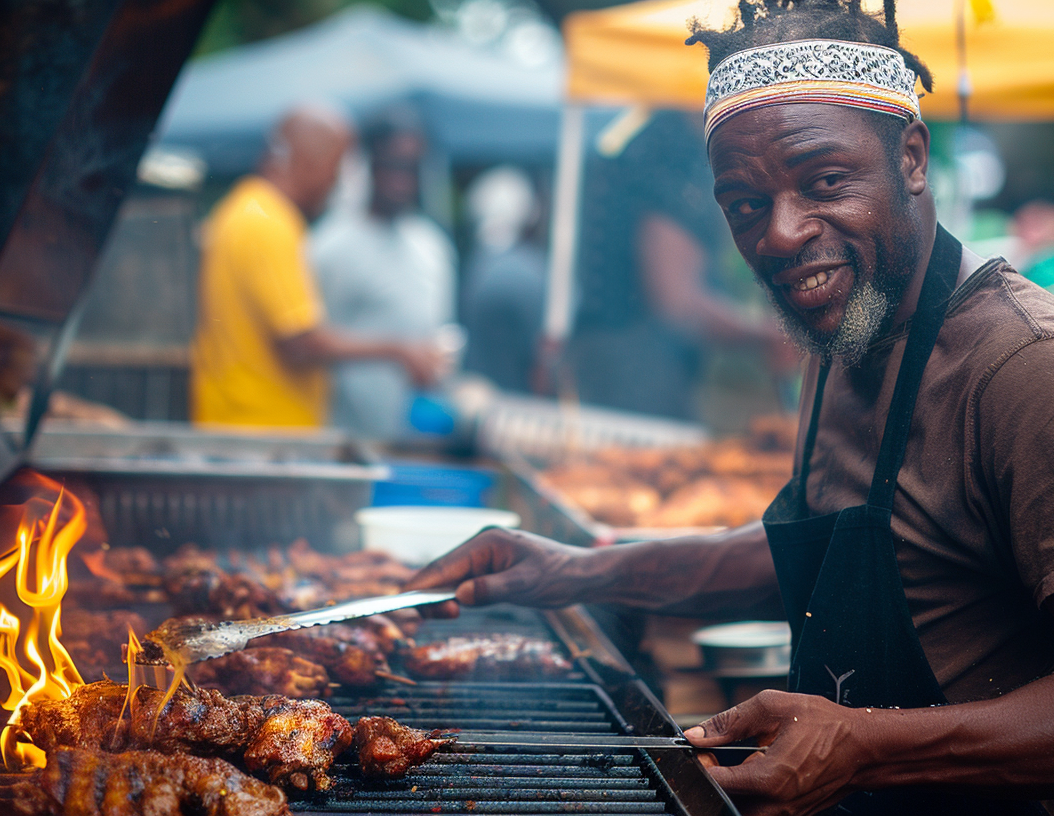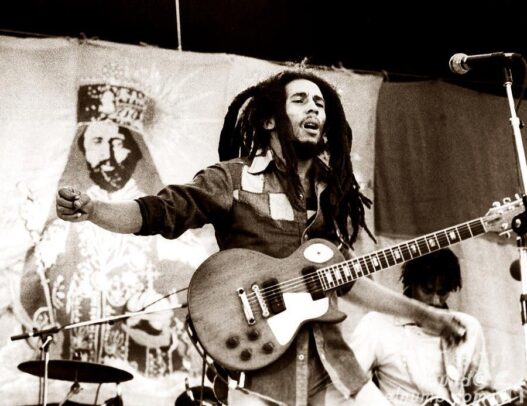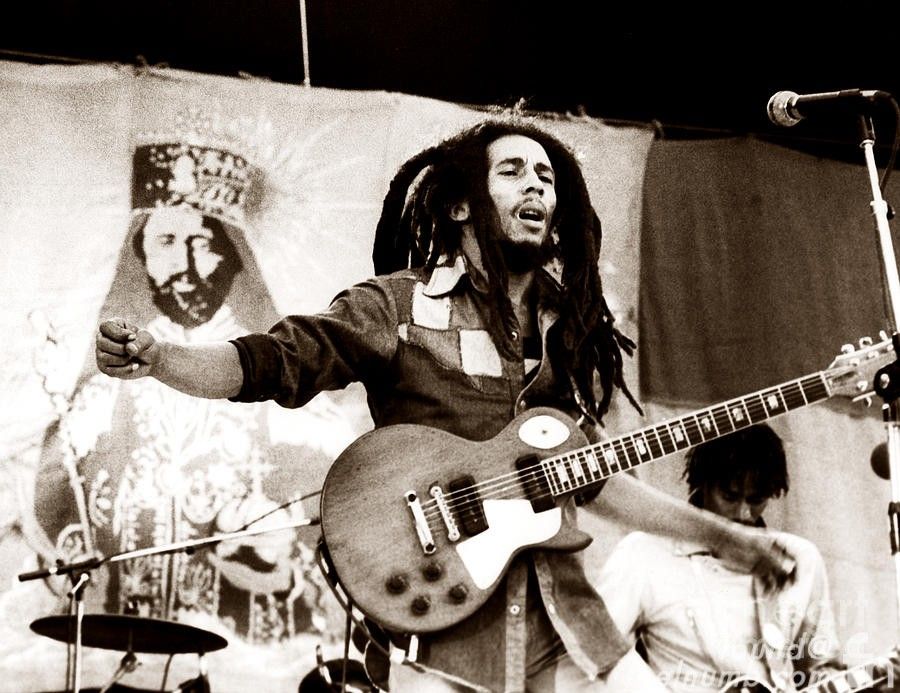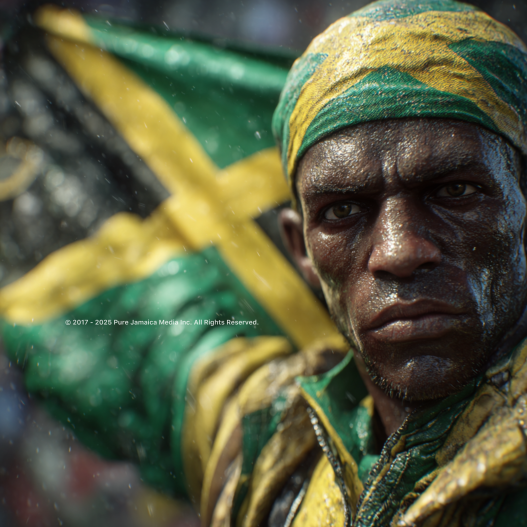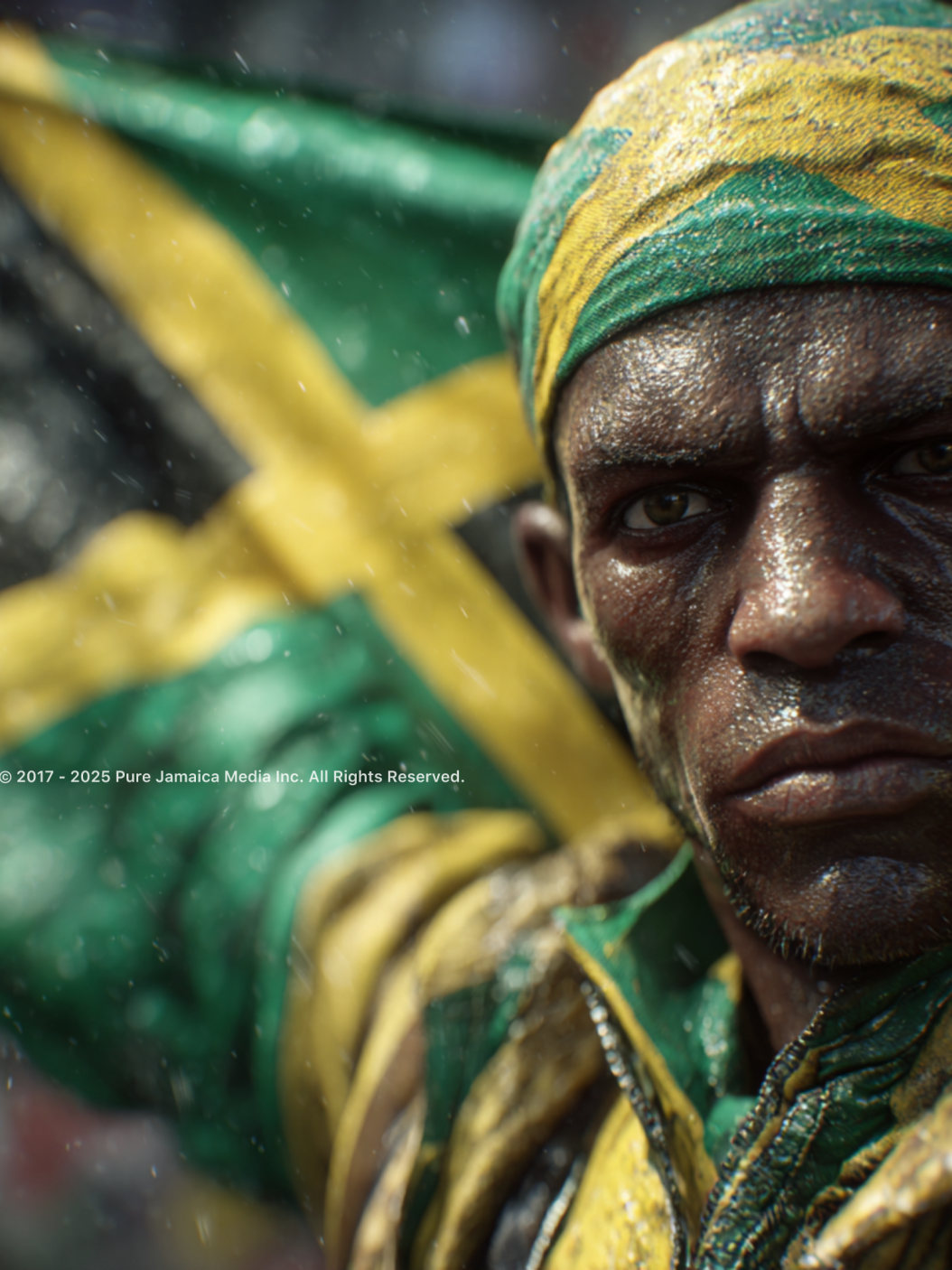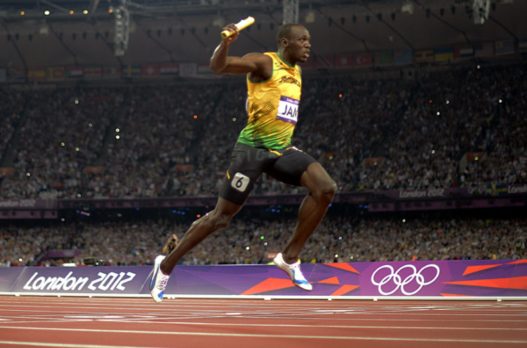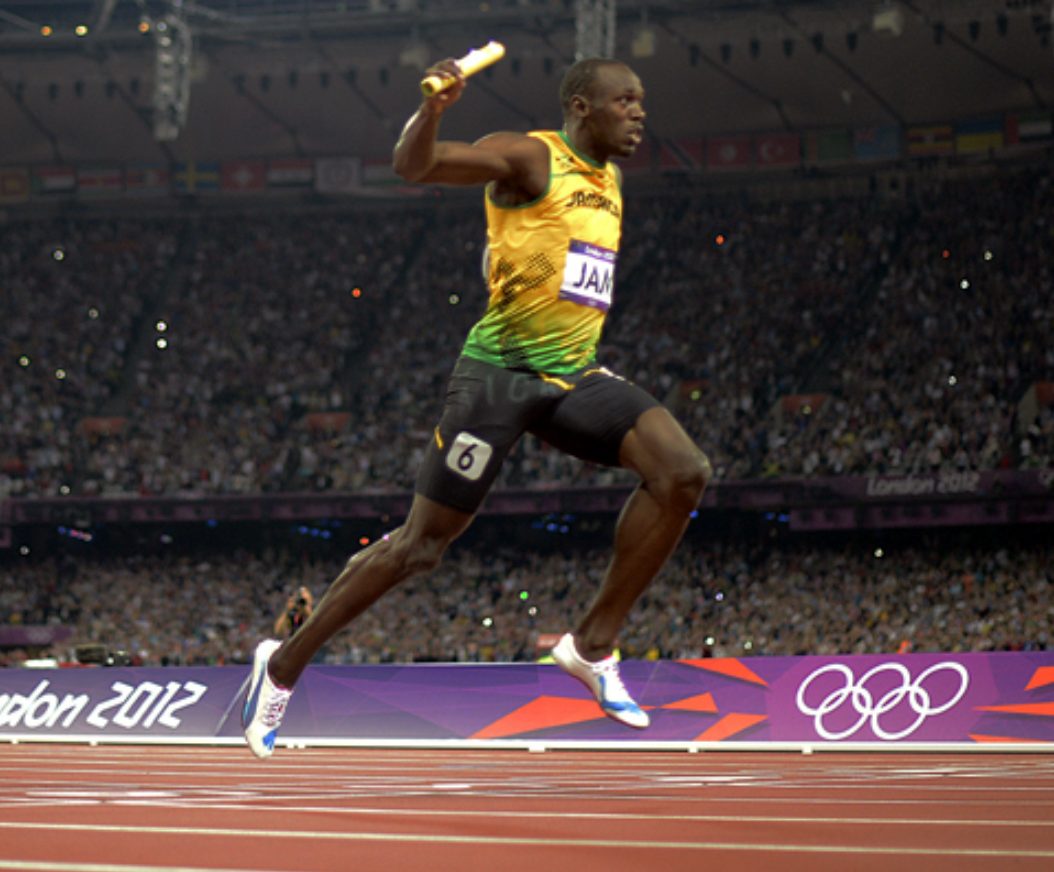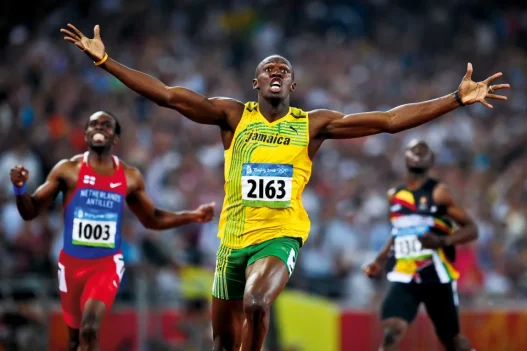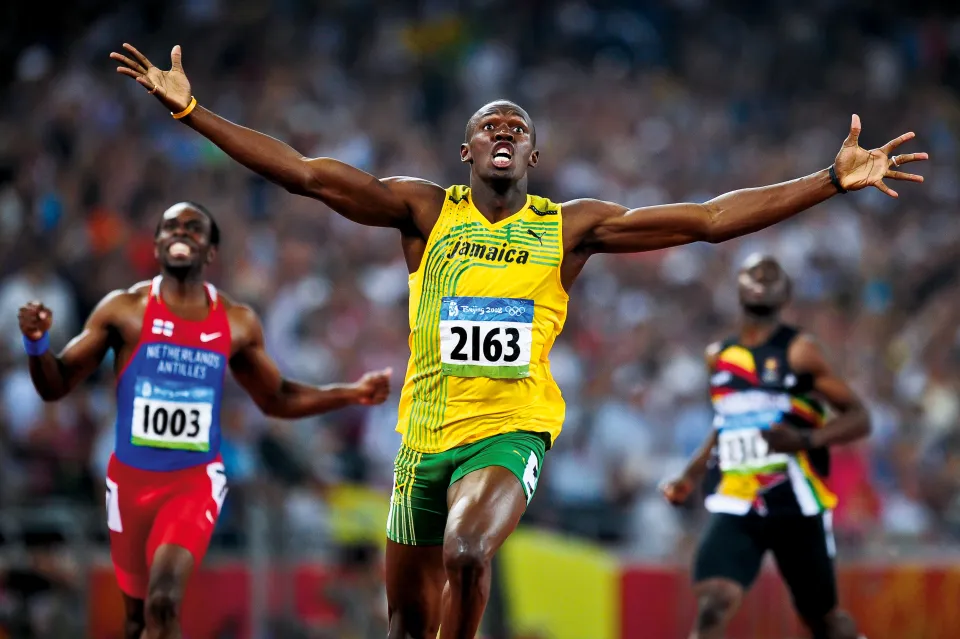National Heroes’ Day, a significant public holiday in Jamaica, is observed annually on the third Monday in October. This day serves as a heartfelt tribute to the seven national heroes who played pivotal roles in the nation’s journey towards independence and development. Each hero represents a unique facet of Jamaica’s rich history, embodying the spirit of resilience and the pursuit of justice.

The Significance of National Heroes’ Day
Celebrated by all Jamaicans, National Heroes’ Day is a time for reflection and appreciation of the sacrifices made by those who fought for the rights and freedoms of their fellow countrymen. The day is marked by various festivities, including flag-raising and tree-planting ceremonies, concerts, and church services. These events aim to foster a sense of national pride and solidarity among citizens.
The Seven National Heroes of Jamaica
In 1969, Jamaica officially declared seven individuals as national heroes, recognizing their invaluable contributions to the country. Here’s a closer look at each of them:
1. Paul Bogle (Birth Date Uncertain – 1865)
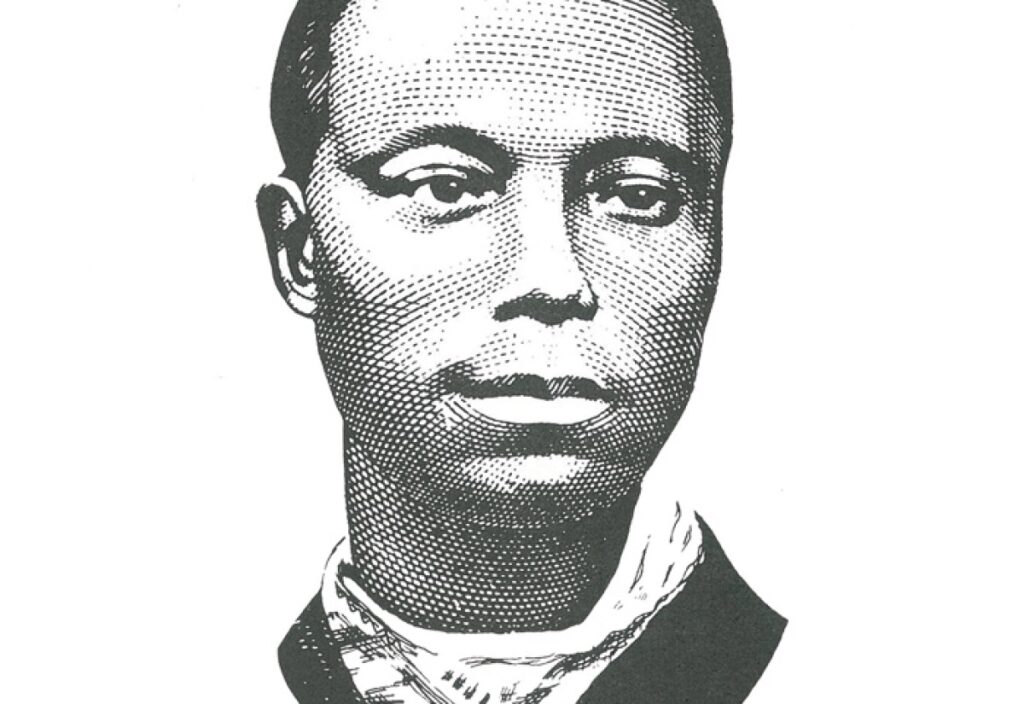
A Baptist deacon and prominent activist, Paul Bogle led the Morant Bay Rebellion in 1865, advocating for justice and equitable treatment for all Jamaicans. His legacy continues to inspire movements for social justice.
2. Sir Alexander Bustamante (1884-1977)
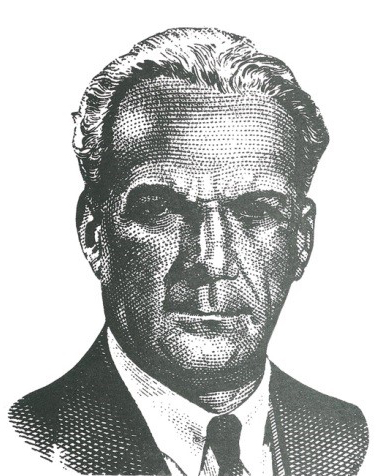
As Jamaica’s first Prime Minister following independence in 1962, Sir Alexander Bustamante was a vital figure in the country’s political landscape. His leadership in labor rights paved the way for future political advancements.
3. Marcus Garvey (1887-1940)
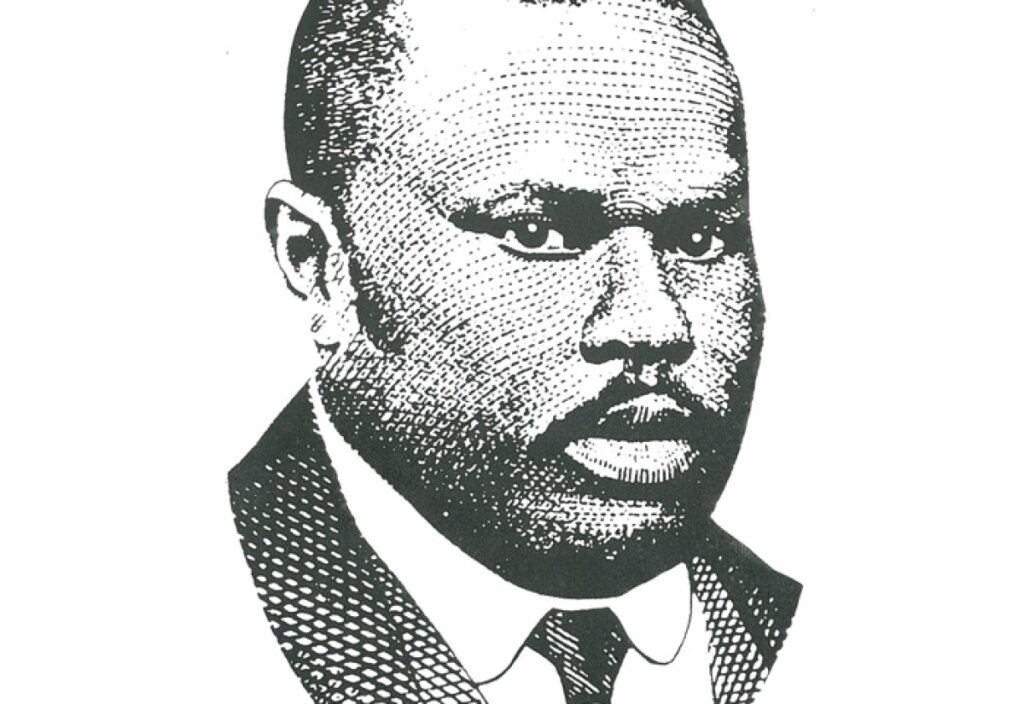
Born in St. Ann, Marcus Garvey was a fervent advocate for Black nationalism. His teachings and philosophies resonated not only in Jamaica but also across the United States, influencing generations of activists.
4. George William Gordon (1815-1865)
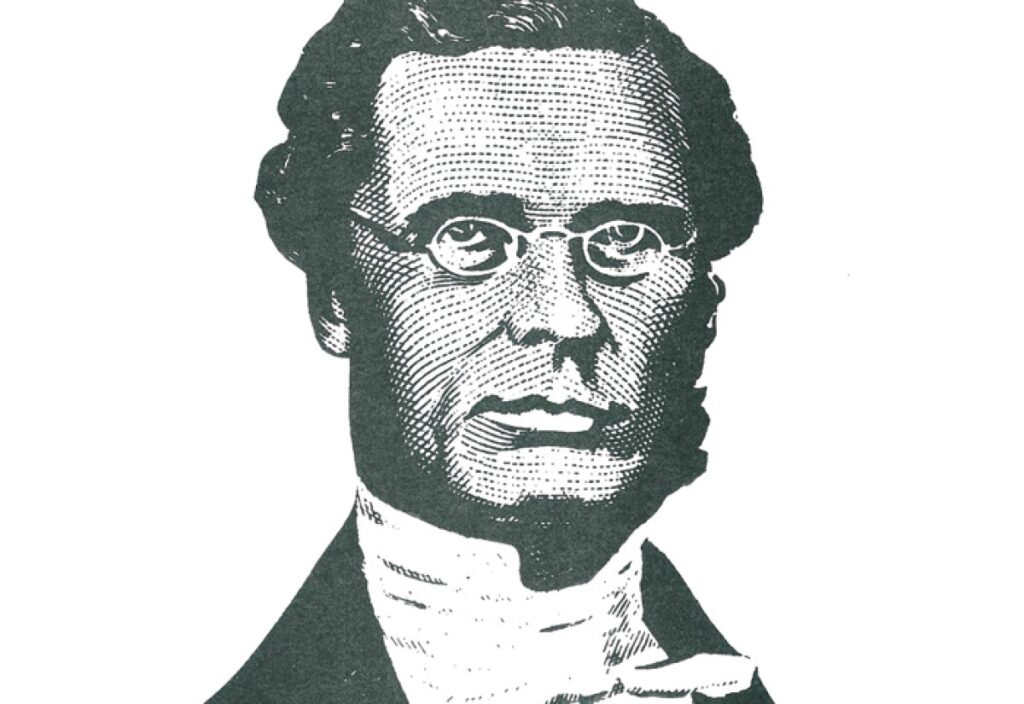
A wealthy businessman and politician, George William Gordon represented St. Thomas-in-the-East Parish in the Assembly. His efforts to advocate for the rights of the marginalized left a lasting impact on Jamaican politics.
5. Norman Washington Manley (1893-1969)
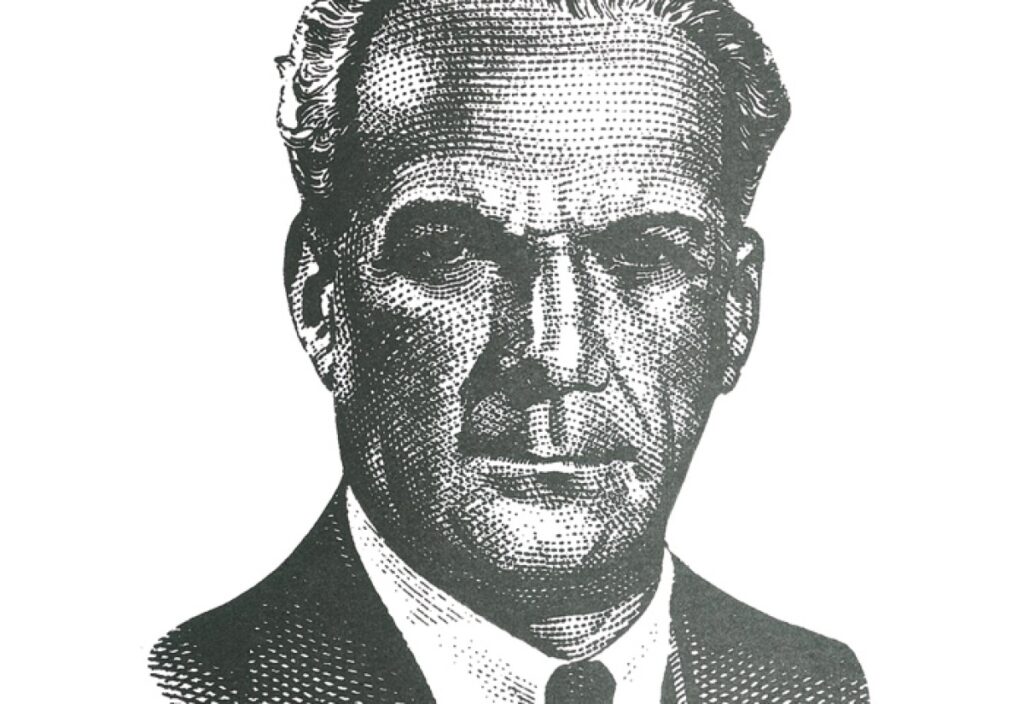
A Rhodes Scholar and leading lawyer, Norman Manley’s contributions to Jamaican law and politics in the 1920s paved the way for significant reforms in the country’s governance.
6. Nanny of the Maroons (Date of Birth Uncertain)
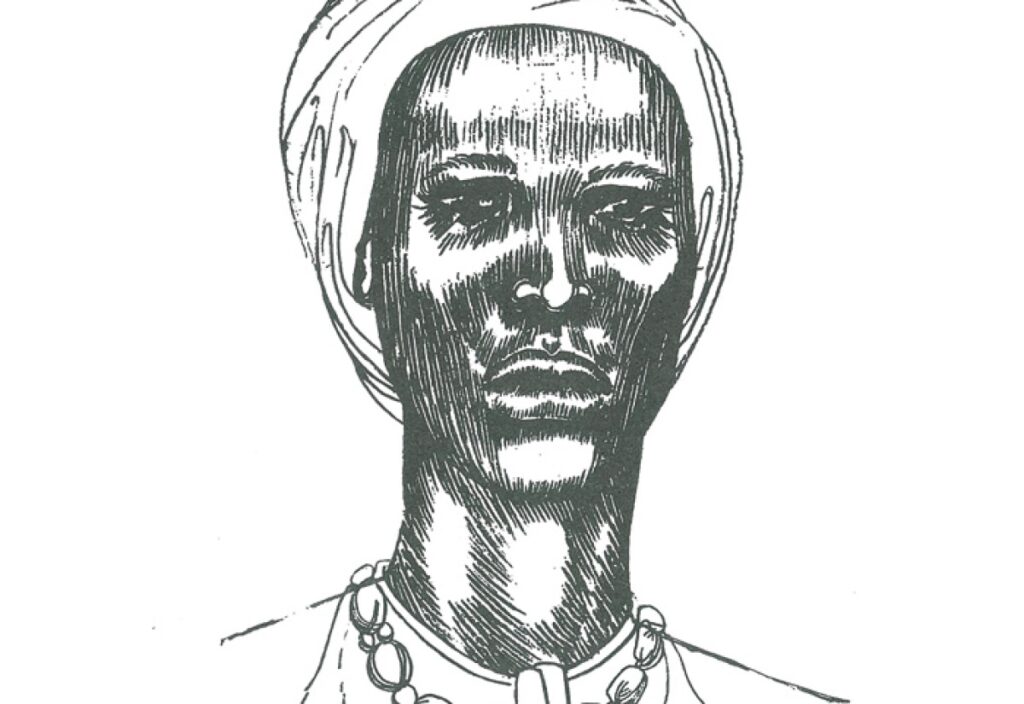
Known as Queen Nanny, she was a legendary leader of the Jamaican Maroons in the 18th century. Her guerrilla warfare tactics against British colonizers established her as a symbol of freedom and resistance.
7. Samuel Sharpe (1801-1832)
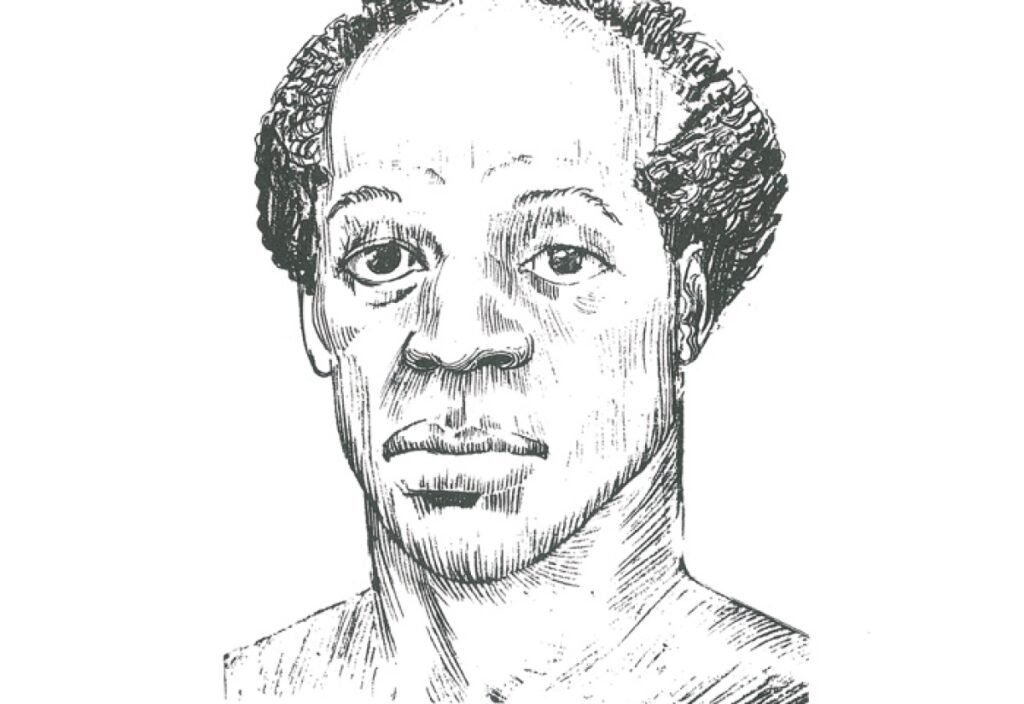
An enslaved African Jamaican, Samuel Sharpe led the Baptist War rebellion in 1832, which sought to achieve emancipation for enslaved people. His bravery is celebrated as a crucial moment in the fight against slavery.
Celebrations and Ceremonies
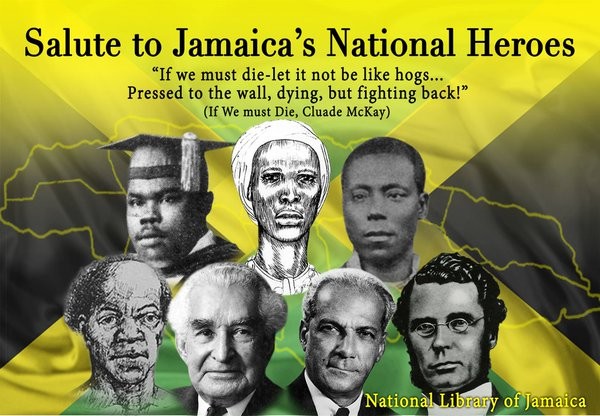
National Heroes’ Day is not just a day of remembrance; it includes various celebratory events. Communities across Jamaica engage in ceremonies that highlight the heroes’ contributions through:
- Flag-Raising Ceremonies: An act of honoring the national flag, symbolizing unity and pride.
- Tree-Planting Events: A commitment to the future, symbolizing growth and resilience.
- Concerts and Cultural Performances: Showcasing Jamaican heritage, music, and artistry.
- Award Ceremonies: Recognizing individuals who have made significant contributions to Jamaican society, thus continuing the legacy of the national heroes.
Frequently Asked Questions (FAQs)
When is National Heroes’ Day celebrated?
National Heroes’ Day is celebrated on the third Monday in October each year.
What is the significance of National Heroes’ Day?
This day commemorates the national heroes of Jamaica, recognizing their contributions to the nation’s independence and development.
How did the heroes contribute to Jamaica?
Each hero played a vital role in advocating for justice, rights, and political change, shaping Jamaica’s history and identity.
What activities take place on National Heroes’ Day?
Activities include flag-raising ceremonies, tree-planting events, concerts, and award ceremonies to honor individuals contributing to society.
Conclusion
National Heroes’ Day serves as a poignant reminder of the sacrifices made by these esteemed figures in Jamaican history. It encourages the current generation to reflect on their contributions while inspiring future leaders to continue striving for justice and equality.


